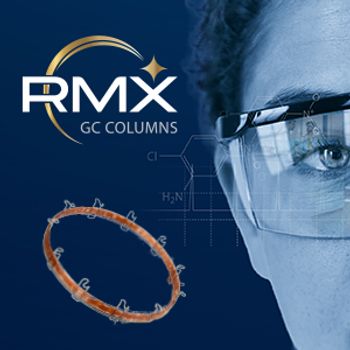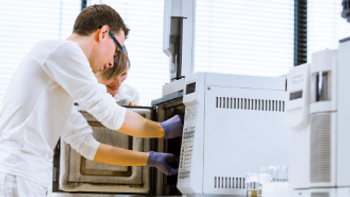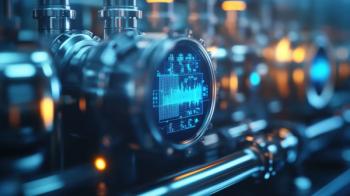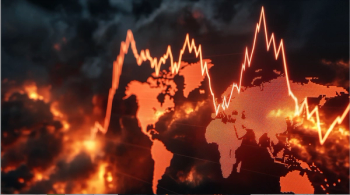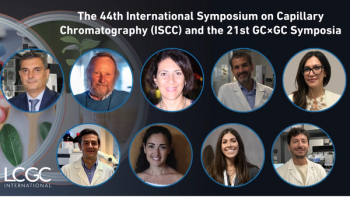
- LCGC North America-08-01-2006
- Volume 24
- Issue 8
Chromatography Market Profile: Analytical Instrumentation for Security Applications
Analytical technologies have been applied to many problems of the modern world, though usually in the domain of the laboratory or to regulate production on the factory floor. However, modern instrumentation can provide valuable information in many other settings as well. Security applications demand sensitive information, accurate information and fast information. These are precisely the kinds of problems that instrumentation has been solving in the research setting for decades. The application of analytical technology to the security of nations, facilities, and people has become an important segment of the industry.
Analytical technologies have been applied to many problems of the modern world, though usually in the domain of the laboratory or to regulate production on the factory floor. However, modern instrumentation can provide valuable information in many other settings as well. Security applications demand sensitive information, accurate information and fast information. These are precisely the kinds of problems that instrumentation has been solving in the research setting for decades. The application of analytical technology to the security of nations, facilities, and people has become an important segment of the industry.
X-Ray and radiation detection are among the top technologies used in homeland security applications, particularly in aviation and shipping/cargo. Additionally, chemical sensors, gas chromatography (GC), mass spectrometry, PCR, and spectroscopy techniques are also common technologies for security. Collectively, these markets have rapidly expanded during the last few years and now represent more than $2 billion in 2005 sales.
The security market for gas chromatography and chemical sensors in Europe and Asia.
Gas chromatography has not achieved the same meteoric success in the security field that many other technologies have had due to limiting aspects of the technology. Nonetheless, the demand for GC is expected to achieve moderate growth over the next few years. Perhaps the most important dynamic affecting the growth of GC in the security market is the increasing availability of portable or handheld units. While these systems are used generally for environmental applications, they are particularly useful for first responders and the military market for chemical weapons and explosives detection.
The market for chemical sensors, a closely related cousin to GC technology, also has experienced rapid growth due to security applications. Although military and first responders are the most important markets, there is more growth in other areas of the marketplace in segments where these technologies have not yet become as entrenched, namely in transportation and cargo facilities, which are now concerning themselves with the possibility of chemical attacks.
The foregoing data was extracted and adapted from SDi's Market Analysis and Perspectives report entitled, "Analytical Instrumentation for Security Applications." For more information, contact Glenn Cudiamat, VP of Research Services, Strategic Directions International, Inc., 6242 Westchester Parkway, Suite 100, Los Angeles, CA 90045, (310) 641-4982, fax: (310) 641-8851, e-mail:
Articles in this issue
over 19 years ago
Spectral Interpretation, Part II: Tools of the Tradeover 19 years ago
Autosampler Carryoverover 19 years ago
Peaks of Interestover 19 years ago
Implementing New Technology in a Regulated Environmentover 19 years ago
Anatomy of an LC Column From the Beginning to Modern DayNewsletter
Join the global community of analytical scientists who trust LCGC for insights on the latest techniques, trends, and expert solutions in chromatography.

